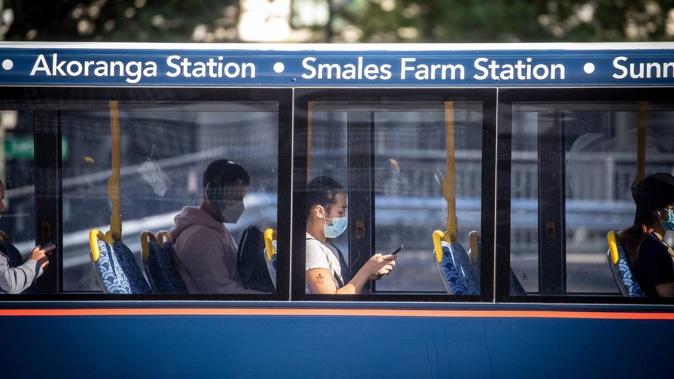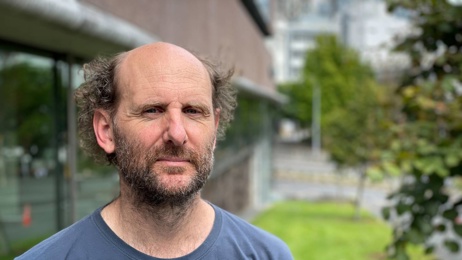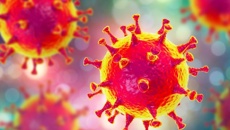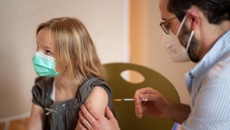
New Zealand has recorded its lowest reported Covid-19 daily tally since late February, while one expert says the country has reached an infection milestone.
Yesterday there were 6718 new cases reported, but a further 12 Covid-related deaths.
This is the lowest reported daily tally since February 24 - 45 days ago - when there were 6137 cases reported.
Meanwhile, Otago University epidemiologist Professor Michael Baker said according to his calculations, around 15 per cent of the country has been infected with Omicron.
"If you add up all the positive tests since Omicron started spreading we just hit the 750,000 mark, so three-quarters of a million."
With testing rates dropping over the weekend, Baker said the week's peak is often recorded on a Tuesday.
"It's a pretty constant pattern that Sunday is the lowest point and Tuesday is typically the high point of the week."
Dr Dion O'Neale, of Covid-19 Modelling Aotearoa, agreed to say numbers will rise in the coming days, but not reach as high as the previous week.
"The general trend is declining cases, with a weekly pattern over top of that," he said.
However, Baker believes the focus should shift away from daily recorded cases and focus on the weekly average, which is continuing to fall.
Sunday's seven-day rolling average of community cases is 10,543 compared to 13,543 last Sunday.
Auckland had the highest number of new community cases at 1202, followed by Canterbury with 1170 new cases.
The other new cases were in Northland (344), Waikato (514), Bay of Plenty (300), Lakes (112), Hawke's Bay (268), MidCentral (334), Whanganui (152), Taranaki (215), Tairāwhiti (80), Wairarapa (84), Capital and Coast (458), Hutt Valley (249), Nelson Marlborough (228), South Canterbury (118), Southern (819) and West Coast (65), while the location of six was unknown.
Despite the falling case numbers, the Ministry of Health reminded people to stay vigilant, follow public health advice and get vaccinated if they had not done so.
According to his statistics, Baker said the country recorded its peak number of cases five weeks ago. Two weeks later the peak of hospitalisations was recorded.
"In terms of cases, I think we can be fairly confident now that case numbers have probably peaked in each DHB."
With the 12 newly reported deaths yesterday , New Zealand's Covid-related death toll now stands at 489.
The deaths reported include people who have died over the past 17 days. The Ministry of Health said delays to reporting could be associated with people dying with, rather than from, Covid-19, as well as those whose infection was only discovered after they died.
Eight of those who died were from Auckland, two from MidCentral, one from the Lakes DHB area and one from Hawke's Bay.
One was in their 40s, one in their 50s, three in their 60s, two in their 70s, two in their 80s and three people over 90. Six were women and six were men. The seven-day rolling average of reported deaths is 13.
As the country begins to learn how to live with the virus, Baker said he would like to see a conversation on where and how people are getting infected.
"I would like to see in a way the discussion moves away from the traffic light system and looks at where people are getting infected and how we turn down that tap.
"I think the traffic light system is becoming redundant if we are moving into this new environment where we are living with the virus."
If the country or certain regions move to orange in the coming weeks, mask use at schools would only be "encouraged", which Baker disagreed with.
"Until we get ventilation sorted out in schools the only control you've got is masks."
In red, all school staff and teachers for children in Year 4 and up must wear a face mask indoors.
Take your Radio, Podcasts and Music with you









